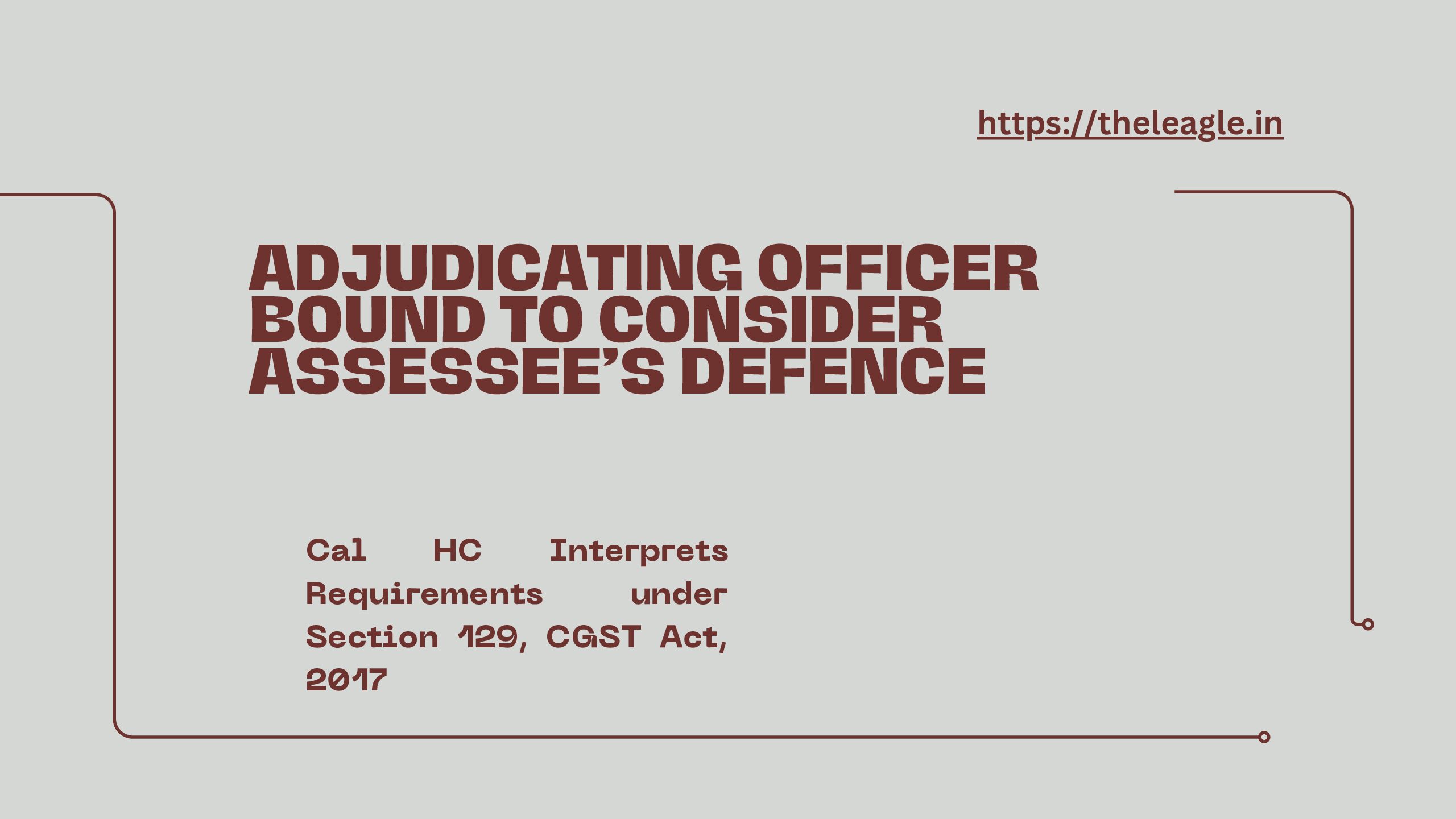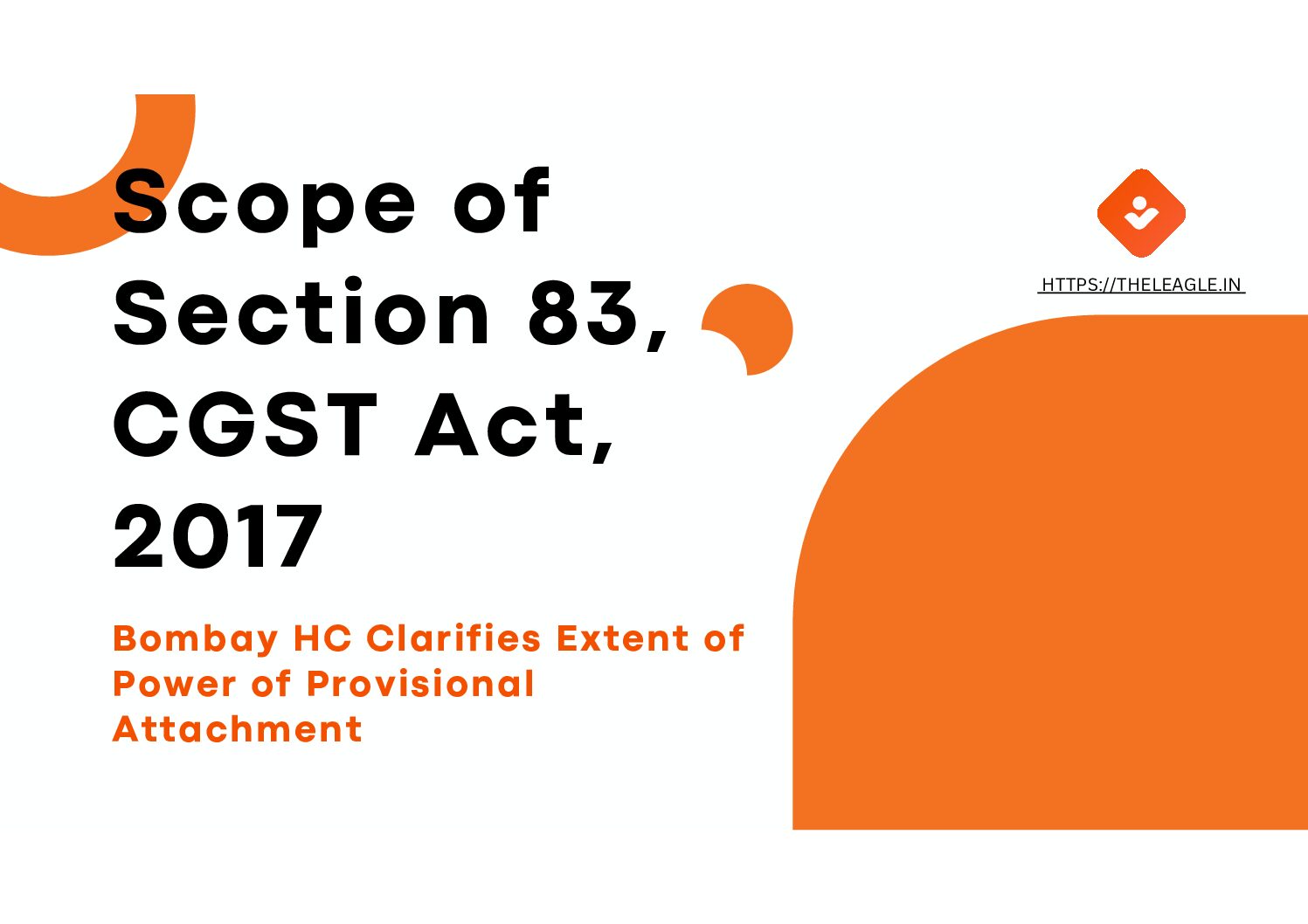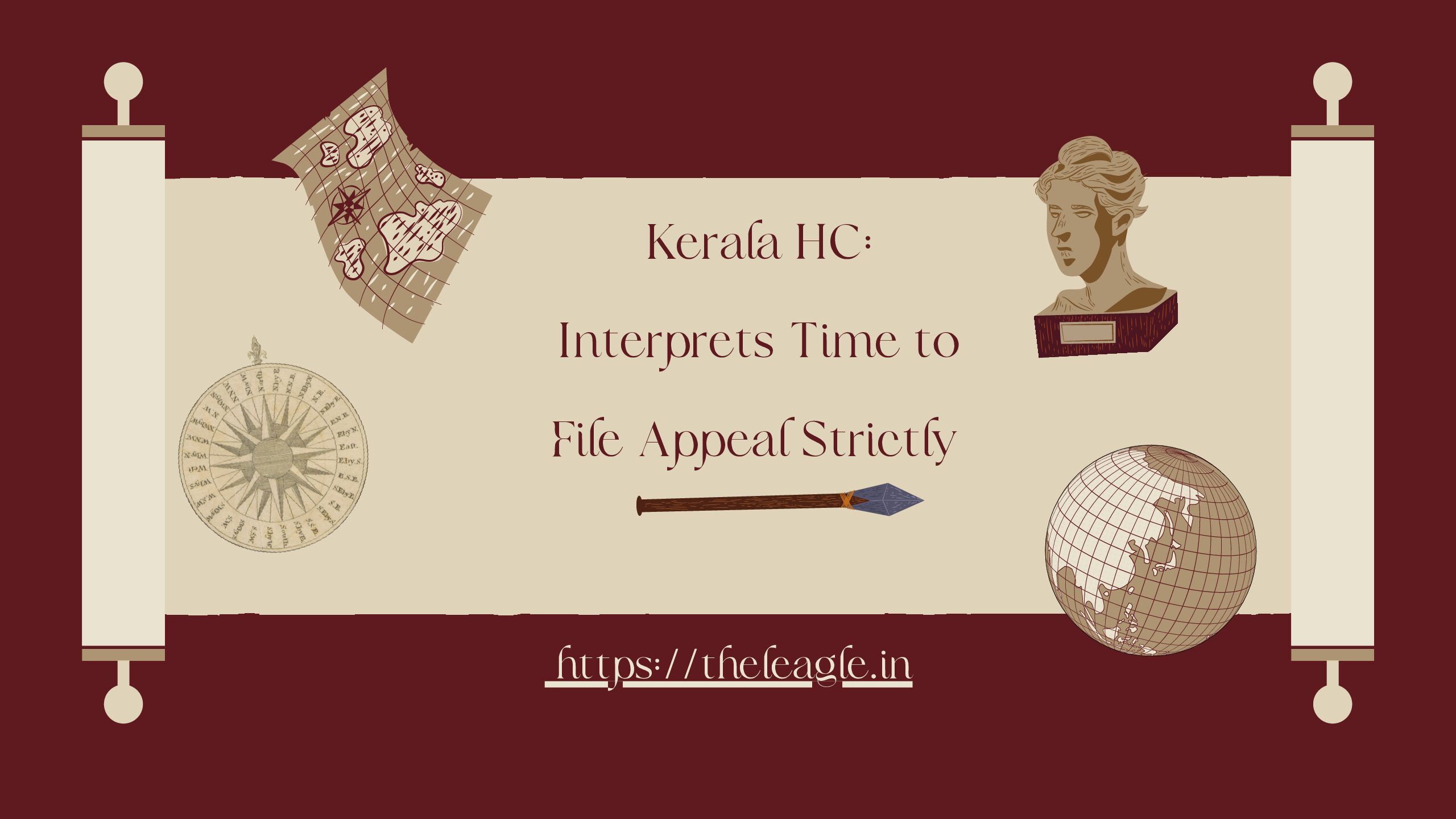In a recent decision[1], a Division Bench of the Calcutta High Court has held that the adjudicating officer should consider the assessee’s explanation or defence before passing the adjudicating order that imposes penalty under Section 129, CGST Act, 2019. If an adjudicating order is passed in complete ignorance of such explanation, then it would amount to violation of principles of natural justice and the order is liable to be set aside.
Facts
The assessee was transporting electrical switches manufactured as per the requirements of the Government of Arunachal Pradesh. The assessee generated e-way bill for the vehicle on which the electrical switches were originally transported. However, the vehicle in question developed a mechanical failure and the goods were shifted to another vehicle. The latter vehicle was detained, and the proper officer levied a penalty on the assessee for violation of Section 129 since the e-way bill in question specified the former vehicle while the goods were found in the latter vehicle bearing a different registration number. The assessee contended before the Calcutta High Court that the breakdown of the vehicle was unanticipated and there was sufficient cause for non-compliance with the statutory provisions. The assessee further argued that the e-way bill issued with the registration number of the first vehicle was valid when the second vehicle was intercepted. And that there was no intention to evade tax.
The Revenue Department, on the other hand, contended that under Section 129, it is not required to determine the existence of mens rea. And correctly so. The Revenue Department further argued that any of the three parties: consignor, consignee or the transporter should have re-validated the e-way bill after the first vehicle broke down. And in the absence of revalidation of e-way bill after change in vehicle, the imposition of penalty under Section 129 was justifiable.
Calcutta High Court Decides
The Calcutta High Court focused on one factual aspect: it noted that the assessee was issued a notice under Section 129, CGST Act, 2017 and the assessee had responded to the said notice. However, the adjudicating authority did not allude to the response of the assessee, did not apply its mind, and proceeded to mechanically levy a penalty on the assessee. The High Court observed that Section 129(3) prescribed the requirement of issuance of notice while Section 129(4) mandated that an adjudication order cannot be passed without providing the assessee an opportunity of being heard. However, the High Court stressed that complying with principles of natural justice cannot be an empty formality and that the adjudicating officer needs to evaluate the defence and its merits offered by the assessee.
The Calcutta High Court observed that:
However, absence of requirement to establish mens rea by the department cannot be equated with an automatic imposition of penalty under the scheme of Section 129 of the Act of 2017 in view of the provisions of Section 129 (3) and (4) thereof. A delinquent alleged to have violated a tax regime inviting imposition of penalty, nonetheless may have potential defences which would require consideration by the Adjudicating Authority. (para 37)
Accordingly, the Calcutta High Court set aside the impugned order imposing a penalty under Section 129, CGST Act, 2017 on the ground that it violated the principles of natural justice since it did not speak on the defence offered by the assessee.
Conclusion
The Calcutta High Court’s decision in the impugned case is a welcome development since it clarifies, in no uncertain terms, the obligation on the officers is to comply with principles of natural justice in a substantive manner and not merely as a formality. The defence or explanation offered by the assessee in response to issuance of notice needs to be engaged with in a more substantive manner and the adjudicating order under Section 129 needs to reflect that the explanation was considered. The imposition of penalties under Section 129 should not be automatic. Further, it is important to bear in mind that the order can still result in imposition of penalty, the High Court has only mandated that the explanation be considered and the penalty not be levied in a mechanical or a pre-determined manner.
[1] Asian Switchgear Private Limited v State Tax Officer, Bureau of Investigation, North Bengal TS-668-HCCAL-2023-GST.


